Besides making you feel great and being a great quarantine hobby (especially as we’re all forced back inside during the winter months), growing your own food in or outdoors has tons of nutritional and environmental benefits. Don’t feel like you have to go full-on farmer and grow tons of fruits and veggies (though that is definitely a possibility), having an indoor herb garden is just as beneficial!
One of our favorite gardeners and foodies to follow on Instagram is Lynn of @lynnslivingfoods for all her bright, nutritious, and raw recipes featuring herbs and veggies from her garden. We chatted with her to add to this conversation, as we couldn’t think of a better person to comment on the benefits of growing your own vegetables and herbs! So let’s get into it. Read on for five fantastic benefits of growing your own food in whatever capacity you can manage!

Higher Nutritional Value Than Store-Bought Options
Because you have control of the food you are growing, from the seed to the sprout, you have complete control of what goes into it (and what doesn’t). You can be sure that your herbs, veggies, or fruits are totally free of pesticides and sprays which can be toxic to your health.
You also have the option to buy organic seeds, and therefore grow organic crops. While we don’t preach organic as the end all be all, it is one of the qualities we look for when sourcing seeds. On the subject of organics, Lynn adds:
“I personally try and buy as much organic seed as I can. If I do buy [non-organic seeds] I make sure to get them from a company I trust. Then I take that seed, plant it, and grow it organically in high-quality soil.”

More Variety In Your Garden Means More Variety In Your Diet
Beyond the lack of pesticides and chemicals, having fresh produce at your fingertips—literally, if they’re growing on your kitchen windowsill—will get you excited to use them in your recipes and cooking, leading to a more well-rounded and nutritious diet. Having your ingredients right when you need them will help you cook in a pinch and reduce your need to run to the grocery store simply for more basil, rosemary, or thyme.

When you are in control of your own garden, you can choose to make it as eclectic as you wish! Lynn adds, eagerly, “Yes, you can definitely grow more variety in your own garden. That’s the fun part! Choosing exactly what you want to grow and trying foods you’ve never had. Variety is so important, [as] each plant has its own identity…from flavor to vitamin and mineral content they are all special. [For example], I believe in the power of grass juice. I grow wheat, barley, and oat grass. They [each] have similar nutritional values but one may be higher or lower in a nutrient. So I grow and juice different varieties to get the maximum benefit. [When you eat] a variety of plant foods, they all come together to give you the best nutrition you can get.”
Home Grown Foods Taste Better
As you are growing vegetables at home, free from artificial additives, your food is likely to taste better! When you buy fruits and veggies from the supermarket, you are accounting for that “dead space” time where the food travels long distances. Because of this, the produce is usually picked before they are really ripe (to account for time sitting on the shelf), which means it is not at its highest nutritional value. When you grow your own food, you can harvest it right when you are ready to eat it and retain its nutrition level while it is most dense! Lynn agreed, adding “[home grown vegetables and fruits] are just fresh tasting with more nutrients. Remember when you grow your own food or buy it locally, you are just getting better quality and better quality equals more nutrients.”

Reduce Your Carbon Emissions and Waste
When produce travels long distances (the average distance is 1500 miles before the food is consumed), it relies heavily on fossil fuels. The current estimation is nearly 10 kilocalories of fossil fuel energy for every one kilocalorie of energy we get as food. Why is this a problem? More fossil fuels burning means quicker climate change, a problem that we’re all too familiar with. Growing your own food helps to reduce this reliance on long-distance transportation of produce and reduce carbon emissions.
Plus, it also helps to reduce waste caused by man-made plastic and cardboard packaging which also travel hundreds of miles and are awful for the earth. As a personal anecdote on how she feels growing her own food has reduced her waste, Lynn adds,
“When I prepare my salads each day I harvest fresh. I only take what I need and leave the rest. When you buy food it’s hard to do that [due to the amount sold and packaged] and sometimes it goes bad before you can use it. When you grow [and harvest only what you eat] you can [more easily] control your waste…and when you compost, it all gets used!”
An Increased Feeling of Empowerment

We’ll let Lynn take this one away because we were so inspired by what she said.
“When I think of gardening, and of growing my own food, the words that come into my mind are empowerment, freedom, self-sufficiency, and independence. The power is totally in your hands to choose exactly how that plant is grown. You’re not just planting a seed, you are taking control of what goes into your amazing body. You are dependent on yourself for food and not worried about what the grocery store may or may not have. On a deeper level, you are building that connection to Mother Earth…a connection we all need. So how does [growing my own food] make me feel? Amazing on every level. It doesn’t matter how much land you have or how big your home is, anyone can grow food. The kits [Urban Leaf] provides are amazing and can be used in any space, even grown right in your kitchen windowsill. [And with that growth, you bring] the beauty and energy of Living Foods into your home.”
Follow Lynn’s journey on her Youtube Channel and check out some of our bottle garden kits to get started on your own gardening journey!

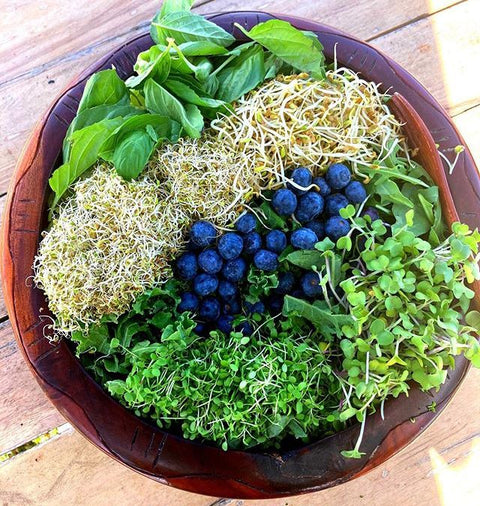
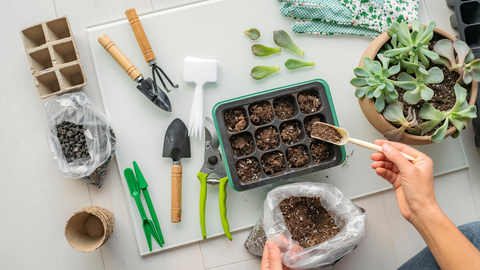
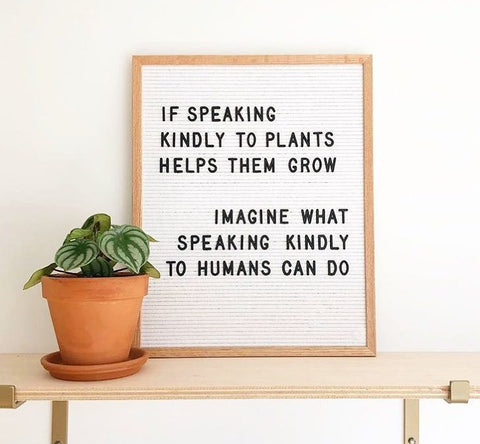


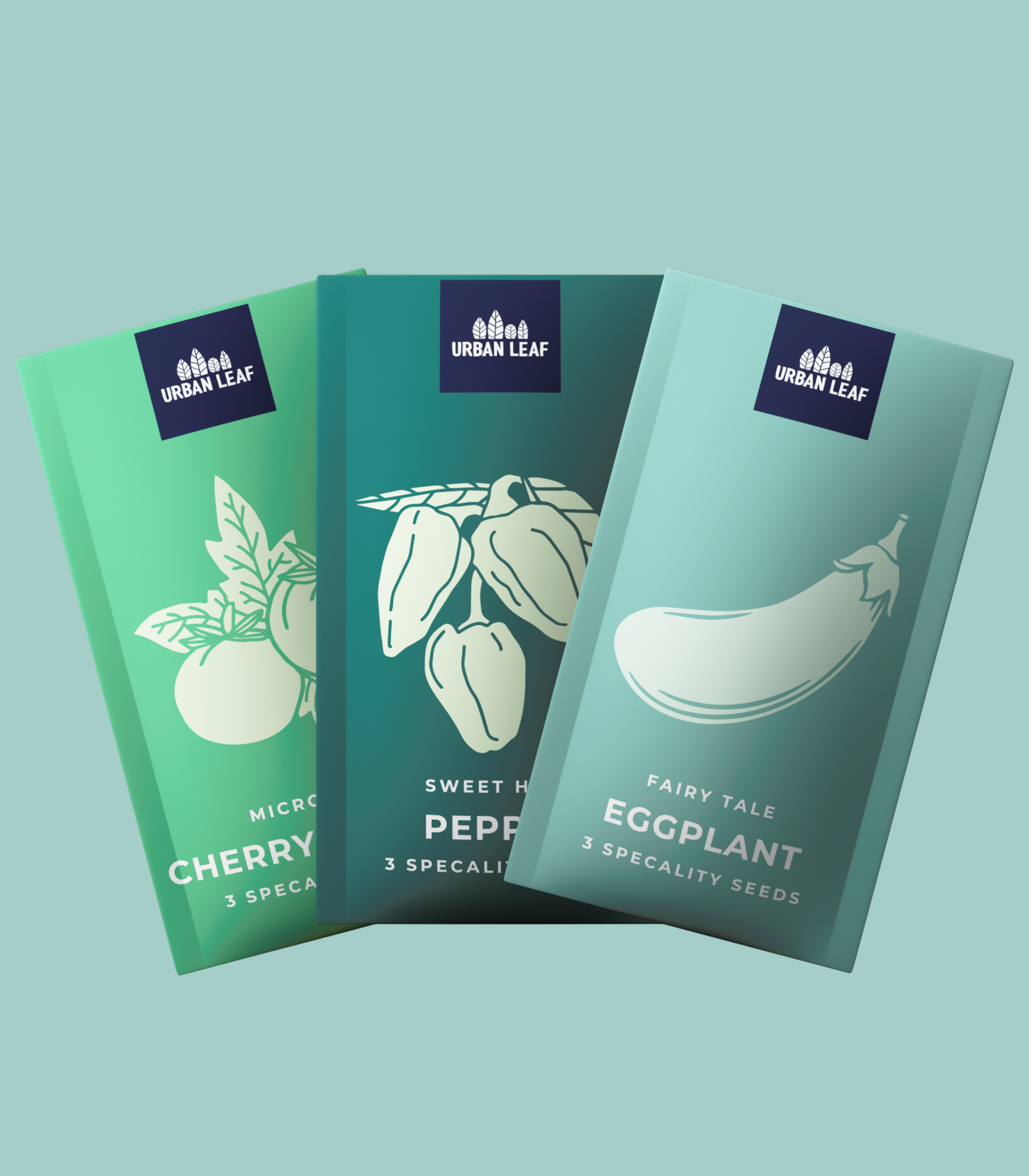
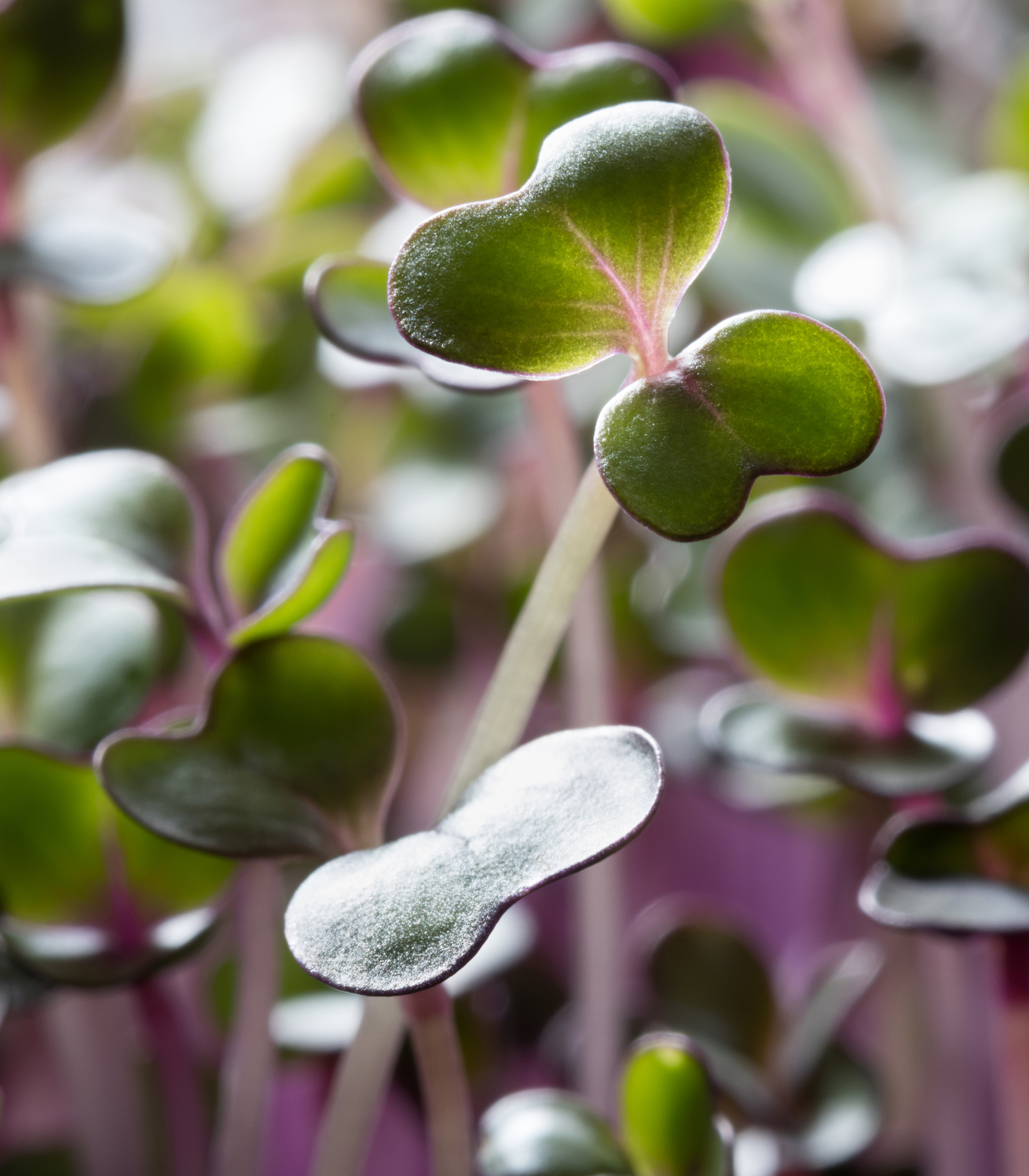

Hi! I love how informative and great your articles are. Can you recommend any other blogs that share blogs that share information on Vegan Coffee or vegan recipes in general? Thanks a lot!